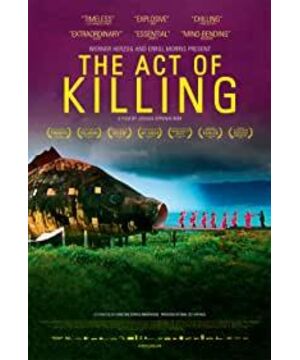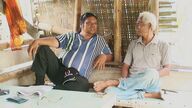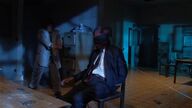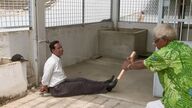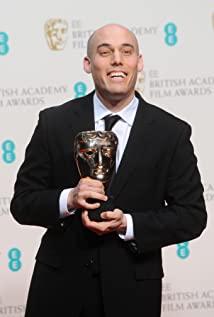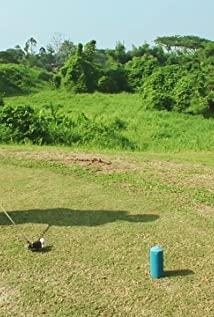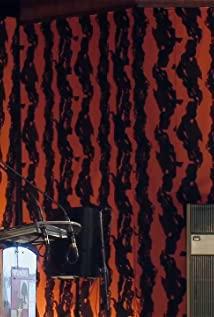Write down such a topic, and feel that you can write an essay.
Movie overview:
In this chilling and inventive documentary, executive produced by Werner Herzog (Grizzly Man) and Errol Morris (The Fog of War), the unrepentant former members of Indonesian death squads are challenged to re-enact some of their many murders in the style of the American movies they love.
In the 1960s Anwar Congo was a leader in Indonesia's pro-regime paramilitary group, Pancasila Youth who, along with his band of dedicated followers, was amongst those who participated in the murder and torture more than a million alleged Communists, ethnic Chinese and intellectuals. Proud of their deeds, which have still gone unpunished, Anwar and his pals are lauded as national heroes, and are delighted when the filmmakers ask them to re-enact these murders for their documentary – in any genre they desire. Initially Anwar and his friends Basically take up the challenge using hired actors, making elaborate sets and costumes, but eventually as the movie violence is played out and reconstructed, Anwar's conscience begins to stir and feelings of remorse surface.
History background:
In 1965, the military gained power and power, and implemented a military dictatorship that has continued to this day. Opponents of the year were dubbed "Communists" and massacred, including farmers, intellectuals, and Chinese-Americans. More than a million people died within a year. The military is not directly involved, but uses paramilitaries and gangsters to carry out these killings, and the two protagonists of the film are the executors. The Pancasila Youth organization assembled by the latter is still in existence today. It still advertises gangsters as free men, and conducts semi-official military activities for the "security and stability" of the country.
Duality:
The duality of cinema is very complex, but the starting point is very simple. From the moment the director decides to let his documentary protagonists direct and act in a film , the film enters a dual narrative structure - similar to Pirandello's "Six Characters in Search of a Playwright" play - in which the protagonists Sculpting and performing the killing of that year is half the process of recording the film. It is important that the director of the documentary gives the protagonist full control in the first half. So these gangsters and lovers of Hollywood movies in the 1960s dressed up, dressed up, performed exaggeratedly, exaggerated the atmosphere, and invoked music and folk dances. In the process of retrospecting and reenacting the massacre scenes of the year, they naturally had a debate on the narrative of historical legitimacy, and Congo, one of the protagonists, shed tears and retched in the two scenes at the end of the movie...
Based on the above narrative structure, the duality has multiple exposures. First of all, from the perspective of actors, the actors in documentaries are not only social actors, but also professional actors, and the latter are actually non-documentary actors, so the film combines true and false - that is, the reality of the characters and the performance of the characters. Secondly, in terms of genre, this film is no longer a traditional documentary, but incorporates "unreality" factors, and such "unreality", through the re-performance narrative in the first person, breaks the historical narrative. It is a magnification and reinforcement of the "reality" itself described in the film. Thirdly, in terms of form, because the actors are given the flexibility of self-direction, they can bring their own aesthetics into them, so there is a local and gaudy aesthetic factor-because such local actors , so that this film does not "envision" the so-called exotic style, but actually "shows" the real exotic characteristics; thus, the gaudy aesthetic has been sublimated by elegant art.
In addition, in the process of narrating the film, the director inadvertently showed the many aspects of Indonesian society - official corruption, lewdness, bribery of democratic voting and people's initiative to ask for voting benefits, anti-China sentiment, inequality between men and women...
Great work, congrats!
View more about The Act of Killing reviews


